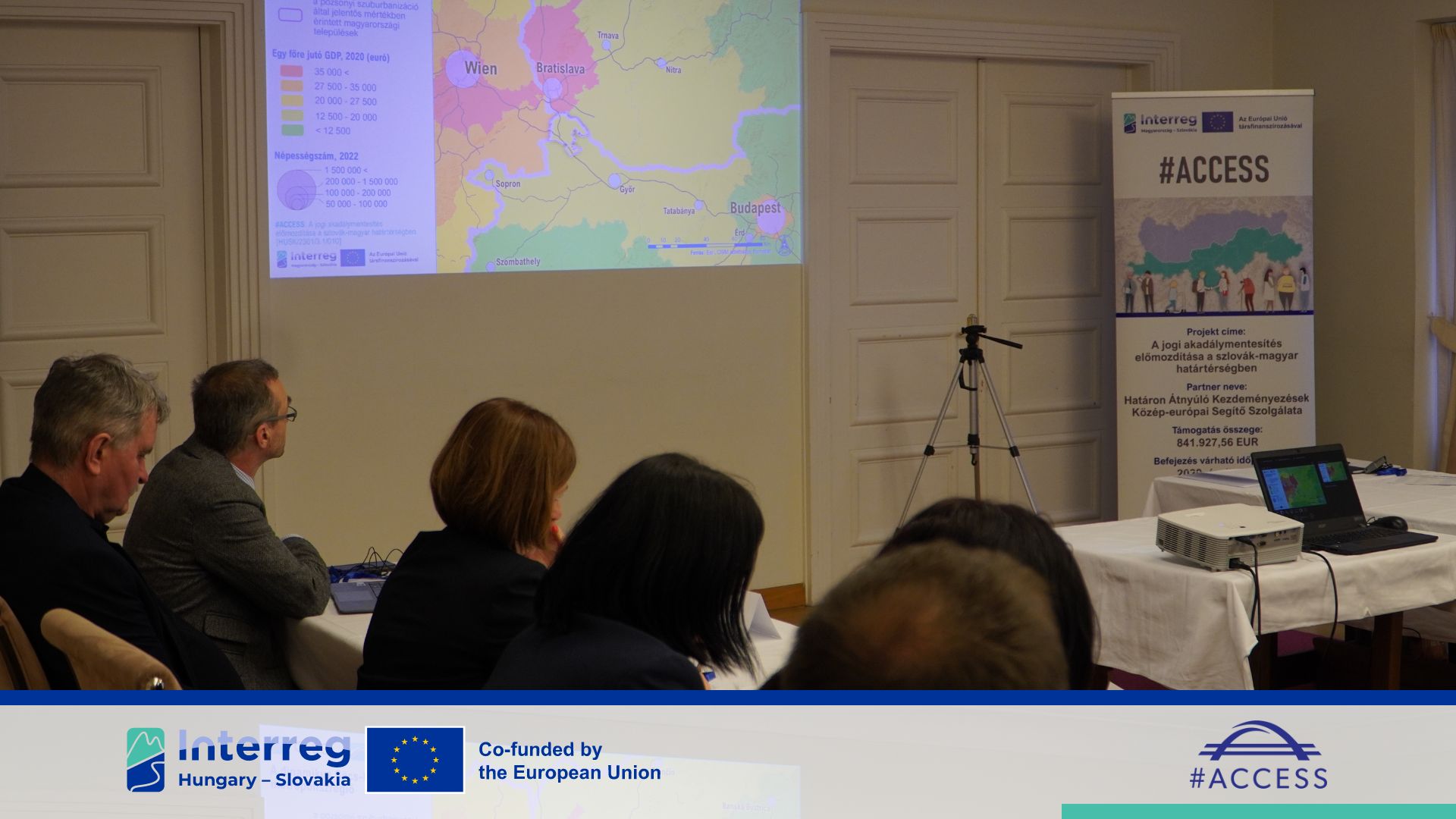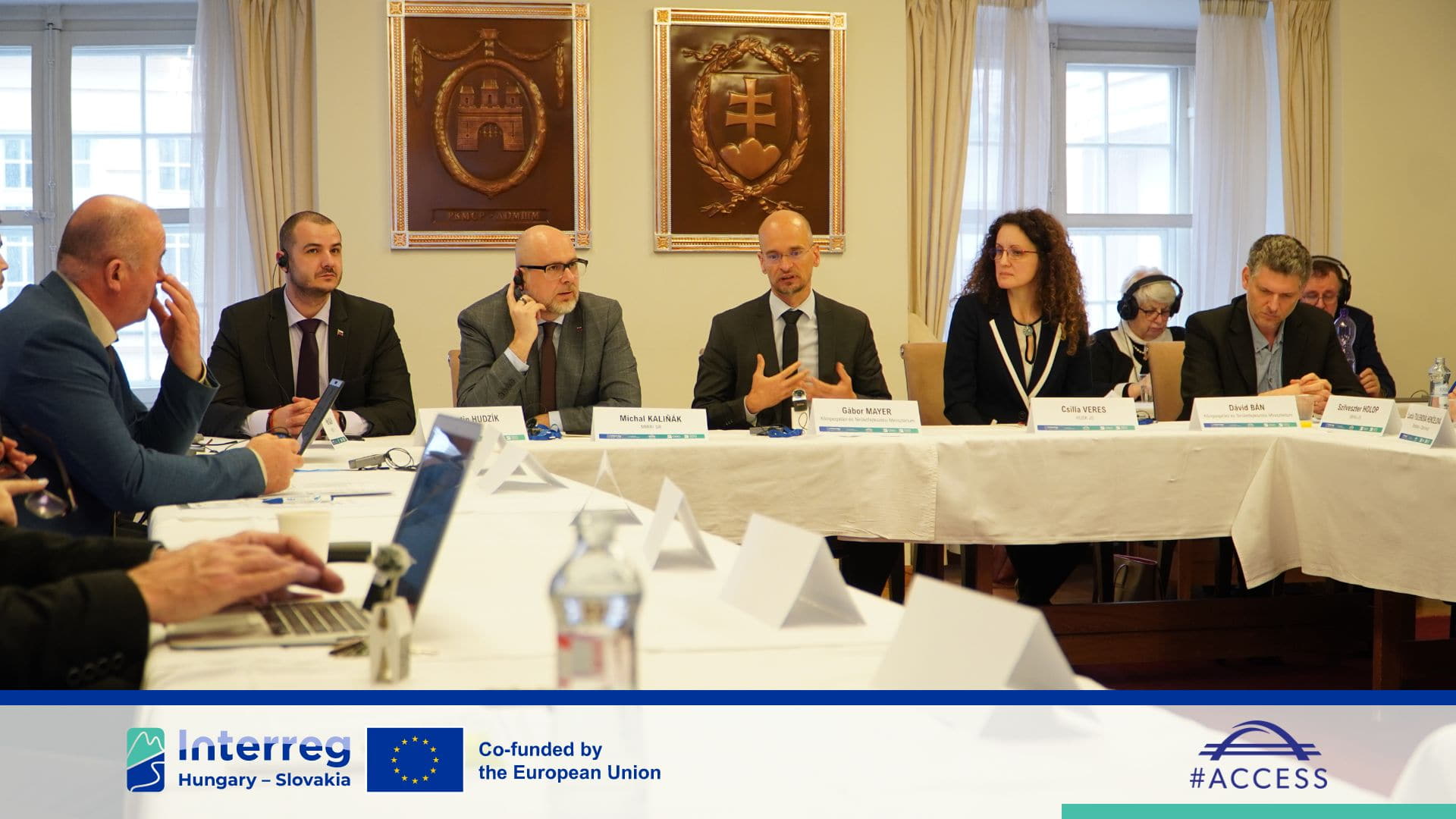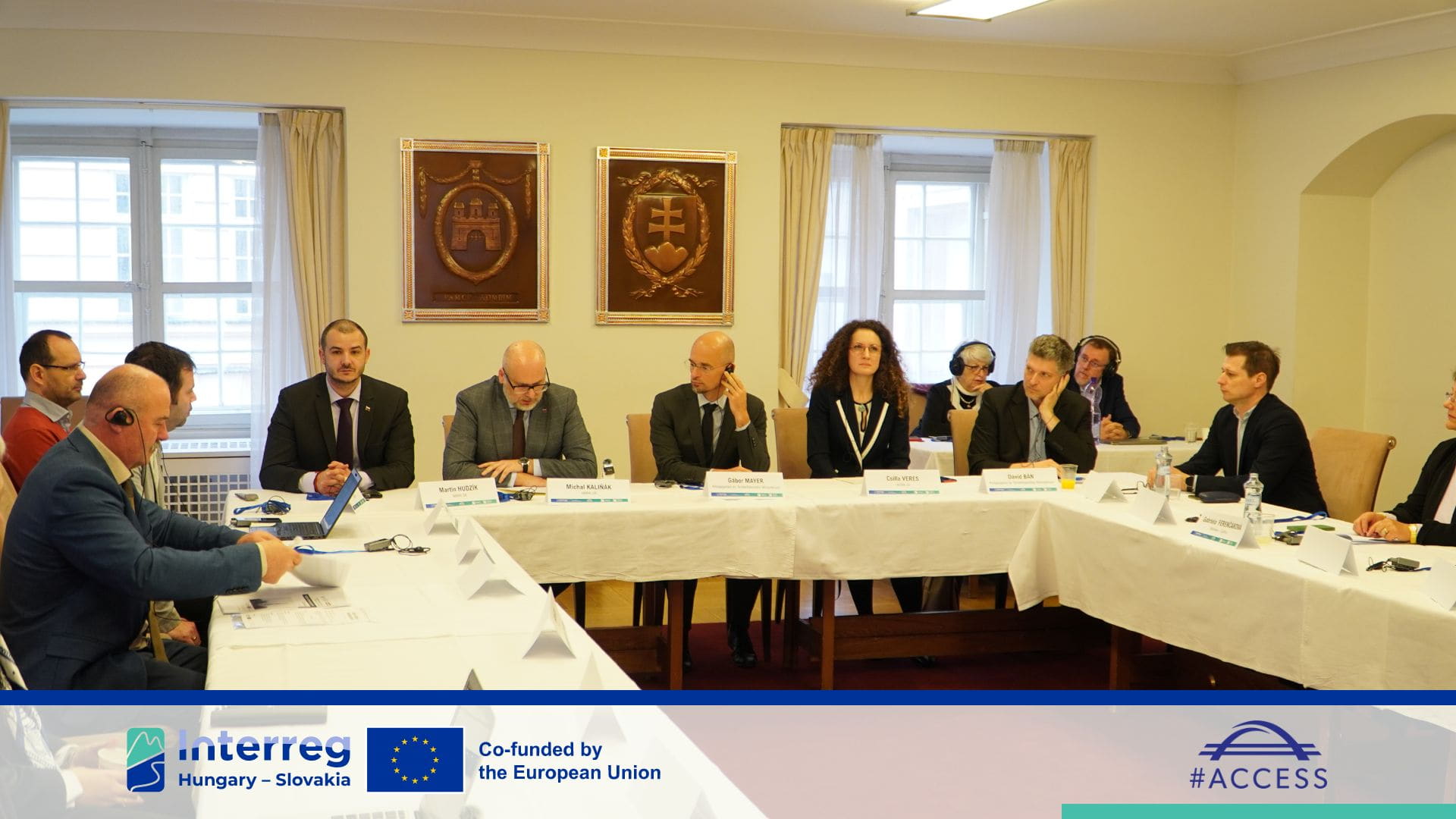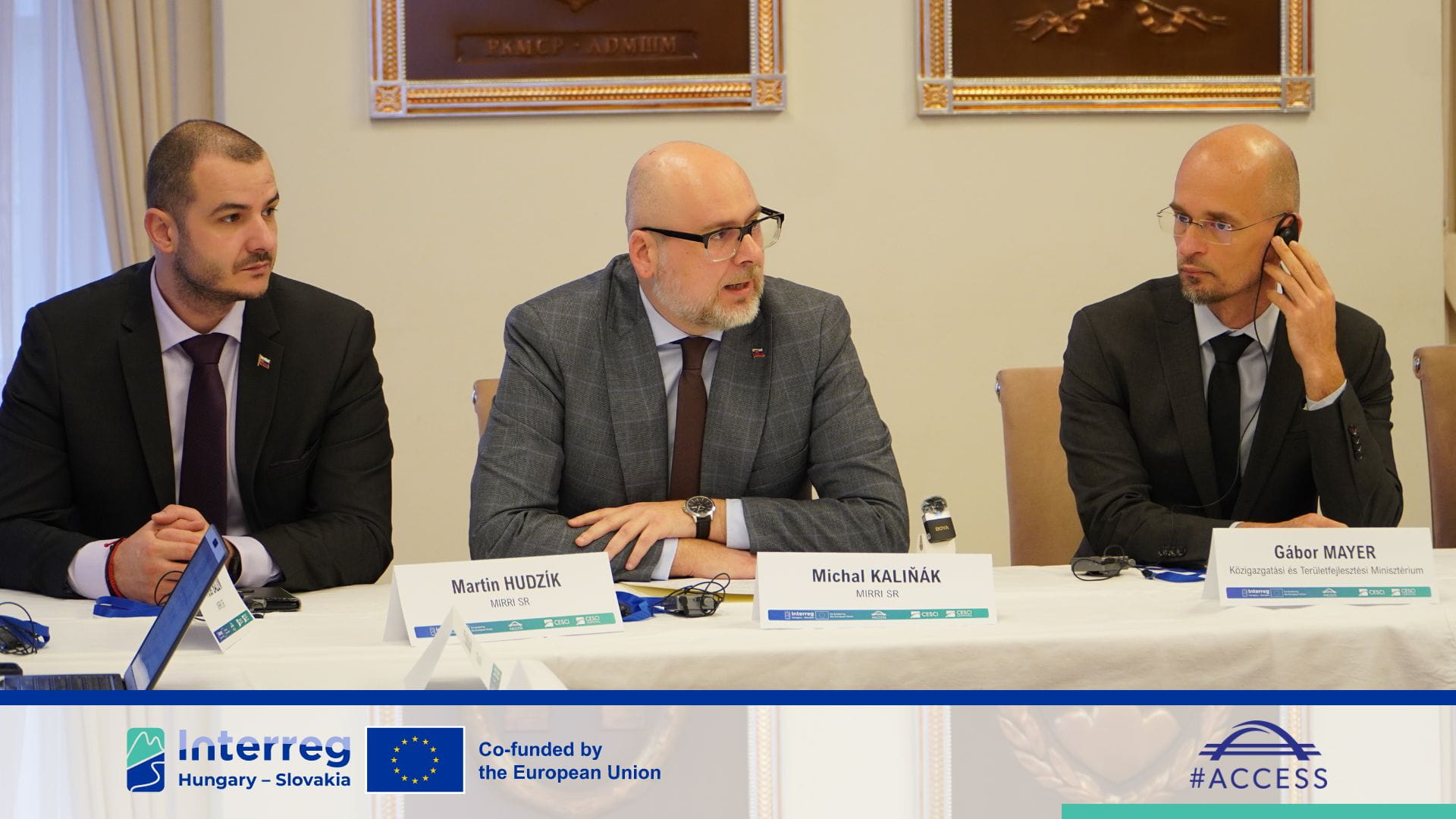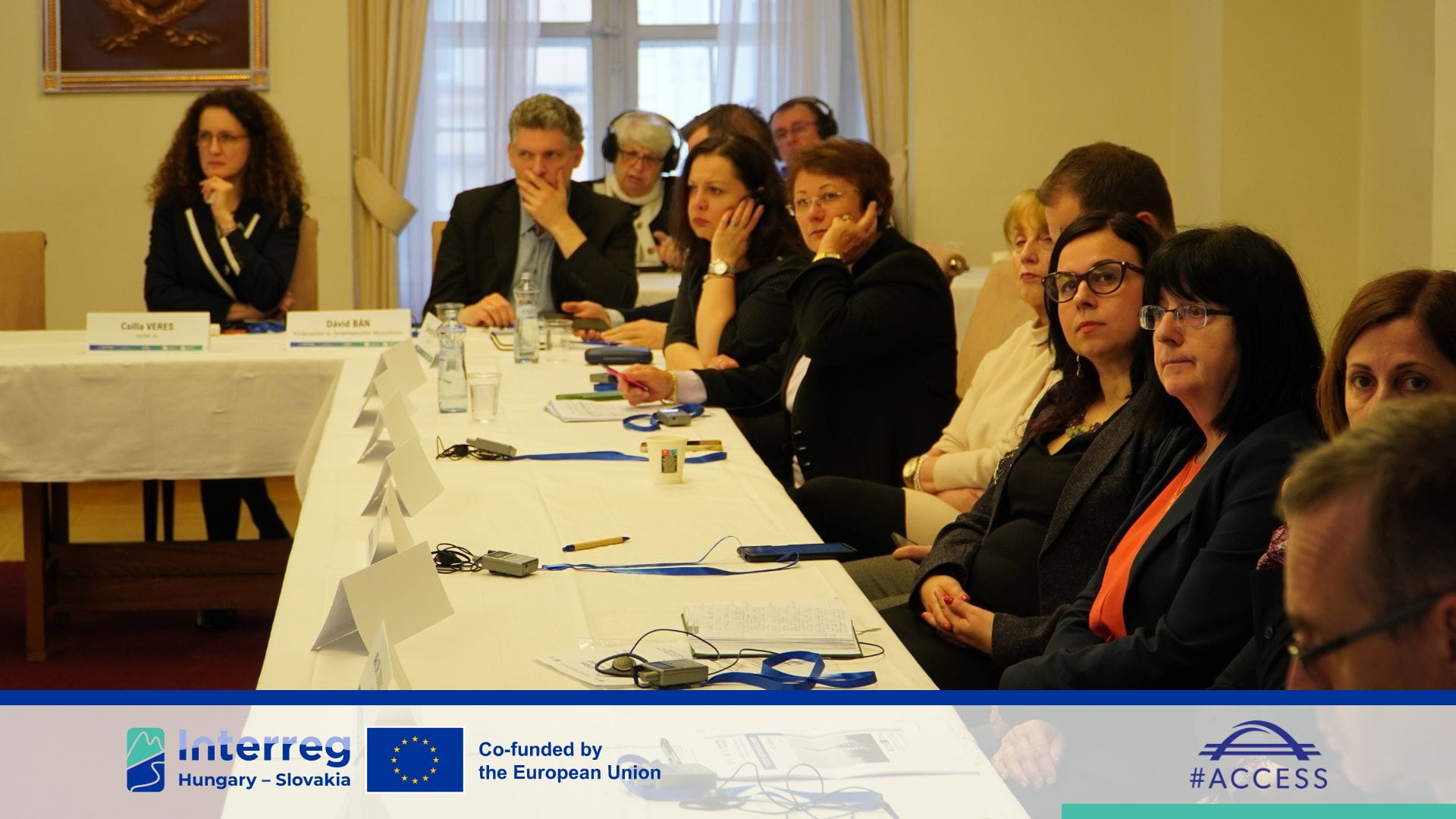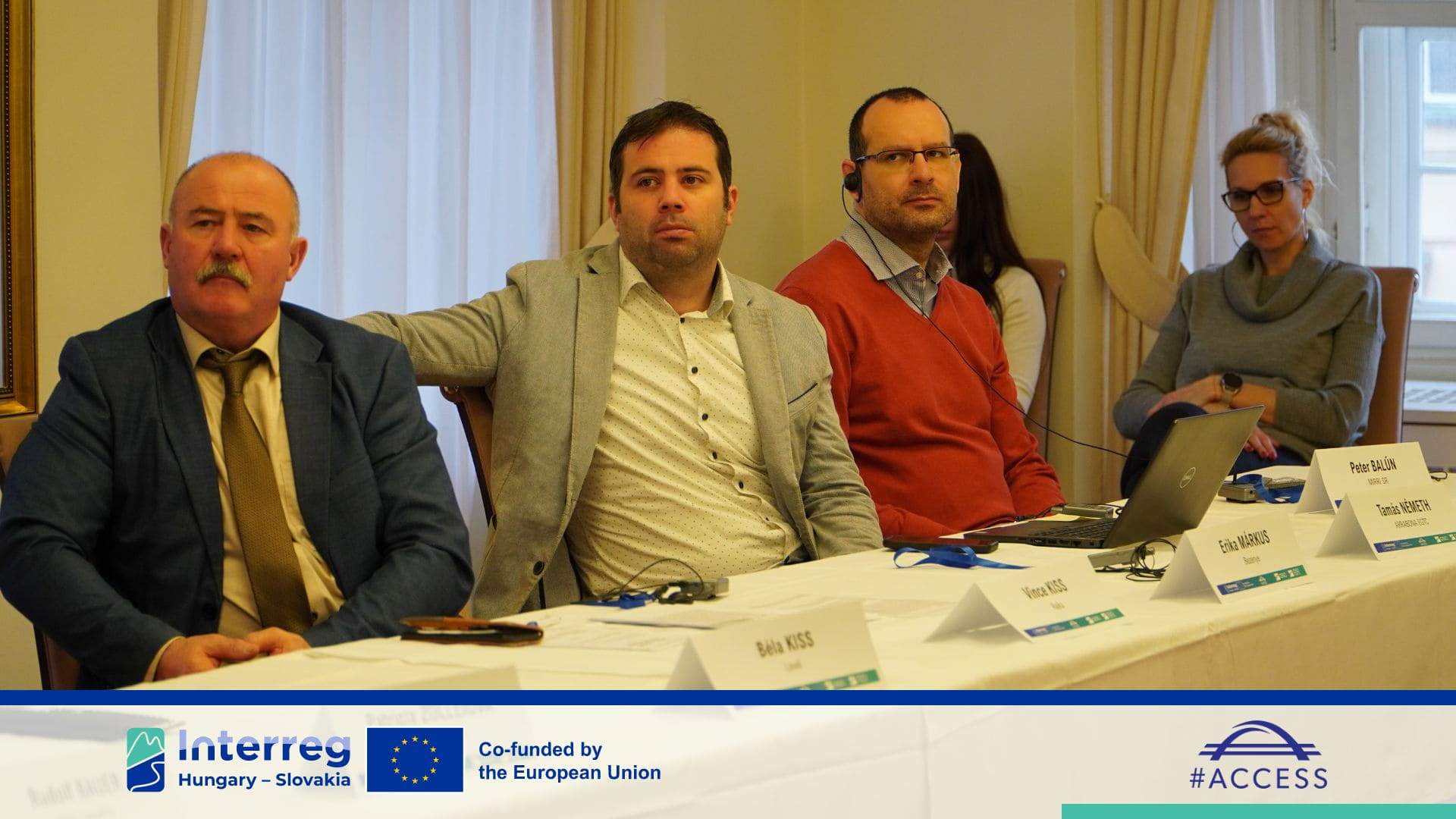One of the critical observations made during the workshop was the disparity in regional development policies in Slovakia, leading to a significant gap in prosperity between Bratislava and other parts of the country. Despite being a growing metropolis, the infrastructure development has not kept pace, especially concerning suburban accessibility and public transportation options.
A primary concern highlighted by the workshop participants was the need for integrated solutions that not only address public transport services but also encompass cycling infrastructure. The revival of the 801 bus route would be a step forward, but deemed insufficient in addressing the ongoing trend of suburban migration.
The collaborative efforts between Slovak and Austrian municipalities set a positive example for addressing common challenges. Regular fora for dialogue enable the discussion on shared challenges and development plans, leading to results such as the improvement of transport connections. Similar cooperation with Hungarian counterparts was deemed desirable by the Slovak participants, potentially through the integration into the existing Austrian-Slovak platform to facilitate integrated problem-solving.



